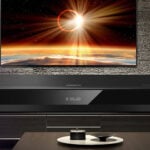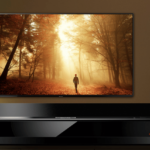PhillJones
Second Unit
- Joined
- Jan 20, 2004
- Messages
- 472
I come accross this term from time to time, often as a justification for expensive digital audio cables. I've tried googling it and checking forums but it seems that the debate on jitter always seems to develop into an EE/transmission line theory, ahem... contest.  With the person who knows the most buzz words obviously being right.
With the person who knows the most buzz words obviously being right.
So, in simple terms, forget I went to college, what's jitter and why should I care?
Cheers,
Phill
So, in simple terms, forget I went to college, what's jitter and why should I care?
Cheers,
Phill





